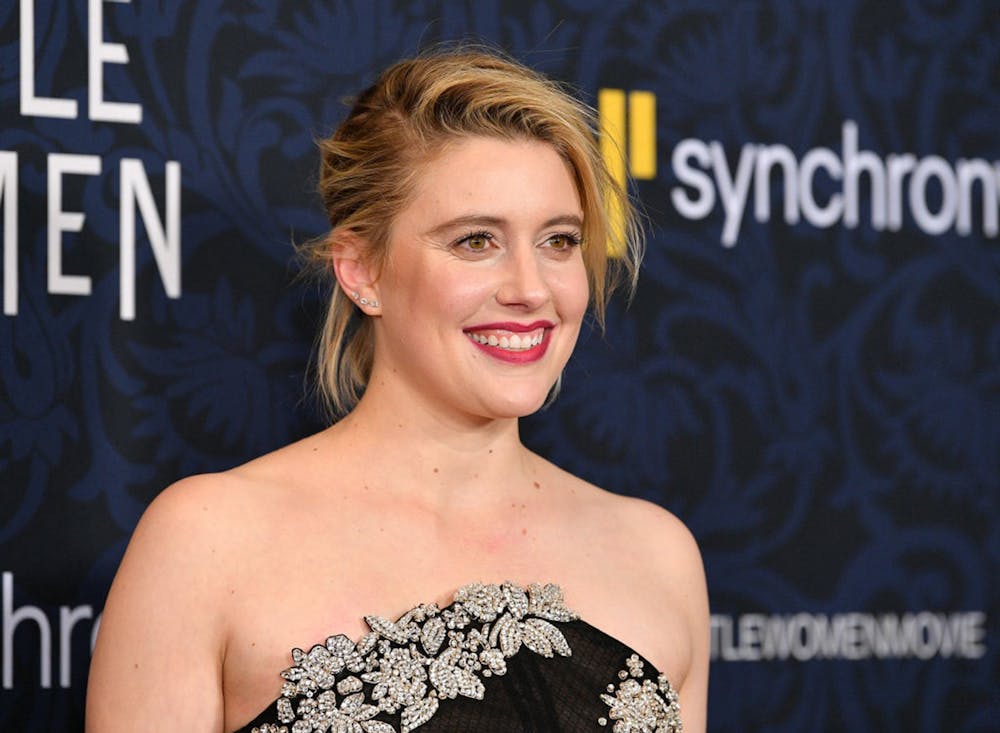At the 2017 Golden Globes, Natalie Portman introduced the Best Director award by saying, “Here are the all-male nominees.” It was a pretty bold move on her part, and the message was clear, but it didn’t seem to inspire any change on the part of the Hollywood Foreign Press Association. Two years later, we still don’t have a woman nominated for the award.
This year has been great for movies, and if you frequent the cinema, you’ve probably seen many films directed by women, whether it be a studio blockbuster or a smaller, independent film. These directors include Lulu Wang, Greta Gerwig, Lorene Scafaria, Alma Har’el, Chinonye Chukwu, Marielle Heller, Olivia Wilde and many more. The recent Golden Globes nominations indicate the beginning of awards season, but none of these women were nominated for Best Director.
There were no women nominated for Best Screenplay either. Two female-directed films were nominated for the Foreign Language category — Wang’s “The Farewell” and Céline Sciamma’s “Portrait of a Lady on Fire.” They’re both incredibly deserving, but two film nominations is hardly something to celebrate.
This isn’t a new phenomenon. Barbra Streisand is the only woman to ever win Best Director at the Golden Globes, and that was in 1984 for "Yentl". The HFPA has nominated only five women for the category in the last 76 years.
Circumstances are changing, though. This year, 12-14% of the top 100 films will have been directed by women. Nominating none of these directors proves the awards are not representative of the landscape of contemporary cinema.
Many women have spoken up about this, including some of the directors themselves. In a tweet, Alma Har’el said, “Good morning to everyone that’s writing me about the #goldenglobes. I feel you but know this. I was on the inside for the first time this year. These are not our people and they do not represent us. Do not look for justice in the awards system. We are building a new world.”
Har’el makes an important point in saying that organizations like the HFPA are not representative of film as a whole. While it is a disgrace that they continually refuse to nominate women for these prestigious awards, we have to look past this awards systems as the end-all indicators of value and quality in film. If these structures continue to prove themselves to be misogynistic and racist, then the outcome of the awards ceremonies will be too, and the best films will not win unless there is a large structural change.
Later in her Twitter thread, Har’el listed many of the female directors that made important movies this year, saying they “made films this year that reached people and touched them. That’s our awards. No one can take that away.”
Therefore, I implore you to try to get to the cinema at least once over break and watch one of the many films created by women this year. It shows support to these women’s careers in a male-dominated industry, and even if they do not win awards, the films are special and valuable in their own way and will change you for the better.






